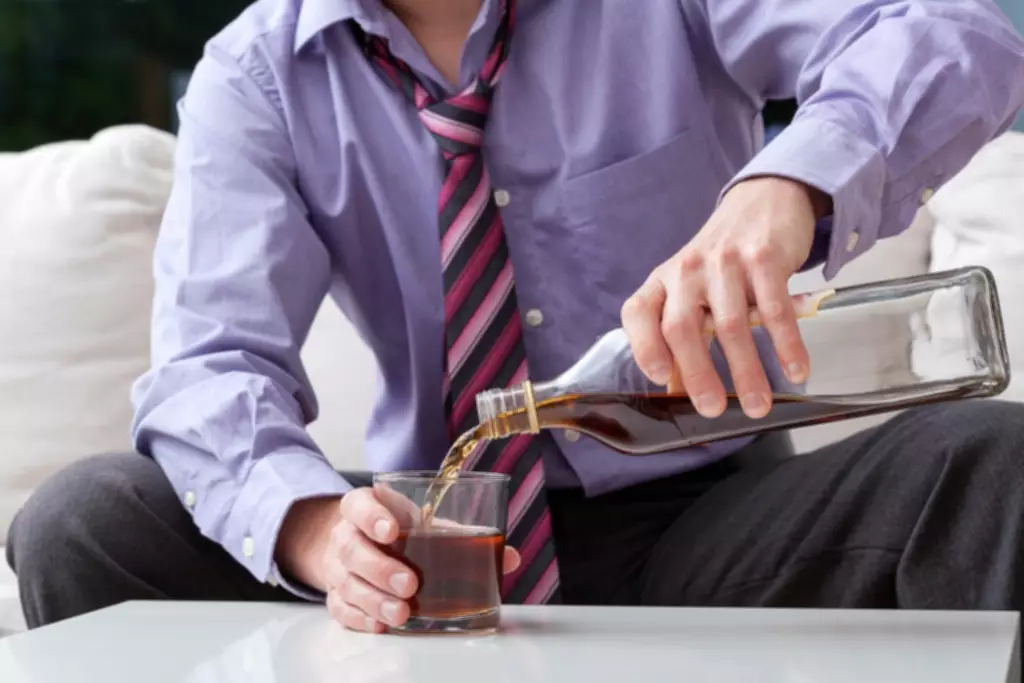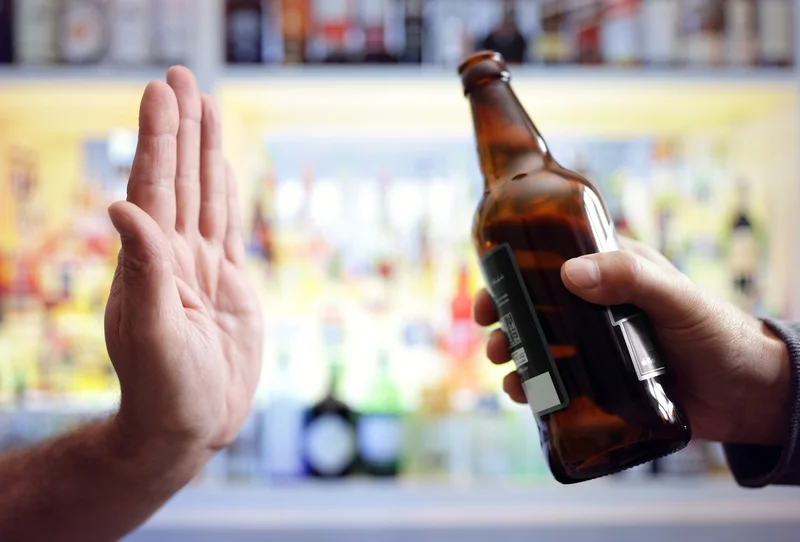If you are concerned about your drinking habits or their impact on your health, it is recommended to consult a healthcare professional. Additionally, moderate beer consumption may lower the risk of diabetes. According to a study, men who drank between one and six beers per week had a 21% lower risk of developing diabetes compared to those who did not drink beer.
- However, there are a few cozy window seats for spontaneous drop-in guests.
- However, it is important to remember that even moderate drinking may carry some risks, and the decision to consume alcohol should be made carefully, considering individual circumstances and health conditions.
- According to a 2018 study (via Discover), alcohol is the third-leading cause of death in the United States.
- “Too many of any kind of calories, whether they’re from alcohol or sugary foods or just from eating too much food, can increase belly fat,” Daniel Allan, family medicine doctor, told the Cleveland Clinic.
- The spacious and stylishly decorated premises are perfect for large groups, and if you have four-legged friends in your group, they are more than welcome at this dog-friendly restaurant.
Drinking patterns can change in response to stress
Regardless of how a person develops a drinking or substance abuse disorder, we believe recovery is always possible. While your co-workers may want to drink with you, it is okay to say ‘no’. Maintaining your control over the situation and taking the safer route can save you trouble in the long run. While having a drink initially may be fine, if it begins to escalate into alcohol abuse, saying ‘no’ is the best route to take before it’s too late. There are several reasons why a person may want to drink after work.
Tips To Avoid The Urge To Drink Alcohol To Cope With Stress
- Studies have consistently shown a negative correlation between regular after-work drinking and job performance.
- It’s important to be mindful of the potential risks and to find alternative ways to manage stress and connect with colleagues.
- Drinking alcohol, especially in large quantities, can have short- and long-term effects on your health.
- The social environment can enhance the taste of beer and make it more enjoyable, creating positive associations with the beverage.
- This unique facility offers a unique mix of food, drink, and fun things to do in a pleasant environment that few other venues can match.
Not only do they offer outstanding tapas and premium drinks, but they also create the beer after work perfect environment for sharing laughter and making memories with colleagues and friends. Treat yourself to a well-deserved break and let Alegria seduce your senses with authentic Spanish flavours. However, in moderate amounts, alcohol can have a positive impact on kidney health. By increasing urine production, it helps the body get rid of excess fluid and maintain a healthy balance of water and electrolytes. This is especially important for people who are at risk of kidney disease, as it can help prevent the condition from developing. In conclusion, beer contains soluble fibre, which offers health benefits such as reducing cholesterol and constipation.
Treating Addiction
- Chronic alcohol use also has serious mental health implications, including the risk of developing alcohol use disorders (AUDs), depression and anxiety.
- Whether you want to celebrate the week’s achievements or just relax and unwind after the working day, Ruben is the perfect destination for a relaxing and enjoyable AW.
- Beer contains dietary fibre in the form of non-starchy, non-digestible carbohydrates such as β-glucans, arabinoxylans, and mannose.
- If a circumstance of this nature were to arise, it should be addressed and handled by HR.
- If anyone in your company wants something other than cocktails, there are beer, wine, cider, and non-alcoholic beverages.
- The fact that they have won several awards for best atmosphere proves the setting is extraordinary.
In the summer, Coquetel Social also has a fine outdoor terrace with 30 seats on Birger Jarlsgatan. Perfect for a nice drink on sunny summer evenings while watching the crowds around Stureplan. But with this variety of great places, it’s not easy to find the right one. Perfect to have on hand the next time it’s time to go out after work on a Friday (or any day). When the working day is ending (or maybe already at lunchtime?), the craving for a bar or pub after work kicks in.
Are you then also allowed to stipulate that employees should not have drinks at the bar after work? A policy is thus not only about establishing specific rules for the consumption of alcohol during work, but also possibly its consumption in the employee’s own time. Low and behold, moderate drinking still seemed like a pretty safe behavior. Compared to light drinkers, people who drank moderately enjoyed a reduced risk for metabolic syndrome—a cluster of common health issues including weight problems, high blood sugar, and poor cholesterol. Excessive alcohol consumption is a well-documented risk factor for a variety of health complications. Among the most concerning are liver diseases, such as alcoholic liver disease (ALD), which can manifest due to the toxic effects of alcohol on liver cells.
Beer is a popular drink worldwide, and its consumption has a long history, dating back several millennia. Interestingly, beer contains soluble fibre, which offers various health benefits, including reducing cholesterol and constipation. I’ve been really enjoying beer this past week since my bday, and after work I like to come home and maybe have 2 cans or so while hanging with friends online or relaxing with my wife. But a few small google searches and the alcoholic buzzword starts popping up and warning of how bad nightly drinks really are for you. Drinking beer can cause inflammation of the pancreas, leading to a condition called pancreatitis. It drug addiction treatment can also affect the liver, increasing the risk of alcohol-related liver disease and chronic liver inflammation.
So I find myself in a dilemma between my childhood/family ideals, and this internet stuff saying that the second you start drinking more than 2 weeknights you’re borderline alcoholic. Excessive beer consumption affects your nerves and motor skills, reducing inhibitions, impairing judgement, and reducing coordination. The alcohol in beer also affects your central nervous system, impacting your speech, reaction time, and balance.
Other alcohol experts agree regular, moderate drinking is probably safe. Drinking after work is not the best way to relieve stress after a stressful workday. As stated before alcohol consumption can have effects on your body short- and long-term, especially when consumed regularly and frequently. Engaging in regular after-work drinking can have significant mental health implications, such as the development of alcohol dependence and the exacerbation of depression and anxiety. Additionally, regular alcohol consumption can mask or worsen symptoms of mental health conditions, creating a vicious cycle of self-medication and increased dependency.
Have a nice after-work hangout in Stockholm
Whether you’re popping in for a quick pint or sticking around for the whole evening, the beer church delivers — just a few minutes from Stockholm city by train or subway. And if you’re ready to level up your beer knowledge, don’t miss their popular beer tastings. However, consideration could be given to limiting the number of alcoholic drinks employees may enjoy at work, or to requiring employees to wait a certain amount of time before consuming alcohol after work. For employees, of course, it is nice to be able to have another beer – often free of charge – at the bar, but as an employer there is no need to provide this, let alone an obligation to do so.




